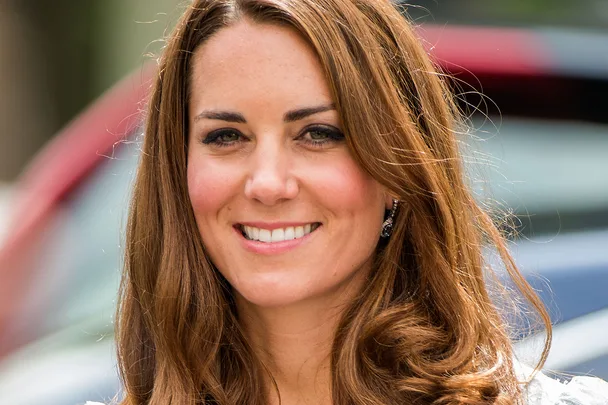Last night, Kensington Palace announced that the Duke and Duchess of Cambridge are expecting their third child.
Alongside the happy announcement, the statement read that Kate Middleton is suffering from Hyperemesis Gravidarum (HG), an illness she also had while pregnant with both Prince George and Princess Charlotte.
“The Duchess is being cared for at Kensington Palace,” the post revealed, as well as cancelling Queen Elizabeth II’s event in London so Her Royal Highness could stay at the palace with the family.
So what is Hyperemesis Gravidarum, and how serious can it be?
While many articles on the Duchess’ third pregnancy define the pregnancy complication as “acute morning sickness,” anyone who’s suffered from a severe case of Hyperemesis Gravidarum will tell you that description couldn’t be further from the truth.
While up to 80 percent of women experience some form of morning sickness, according to Health Direct Australia, only 0.3-1.5 per cent experience HG. “Hyperemesis Gravidarum is a condition used to describe severe nausea and uncontrolled vomiting that can occur during pregnancy,” Melbourne-based obstetrician Dr. Philippa Costley explains. “It can also be associated with weight loss and dehydration.”
Dr. Costley says the condition usually lasts until the end of the first trimester, “but for some women, it can go into the second and for severe suffers it can last until the baby is born.”
The silver lining? The illness rarely persists after birth.
While extreme cases are rare, HG can be so bad that women are bedridden and unable to keep even a drop of water down. “In severe cases, I’ve seen women who haven’t eaten for the entire pregnancy,” Dr. Costley says.

Imagine not being able to keep down a sip of water (don’t even think about food), throwing up 20 times per day, having to quit work three months into your pregnancy because you’re too ill to leave the house (and can’t really keep your head in the bin at your desk all day), and worrying that your unborn child isn’t going to survive if you can’t somehow manage to eat something.
Thankfully, Dr. Costley says HG is generally not a worry for the unborn baby’s health. “It often actually shows that the pregnancy is continuing, and it generally has minimal impact on the baby.”
The Duchess, of course, is luckier than most women: she has staff on hand to tend to her every need – and look after her two children while she is sick – and the ability to quickly cancel all further engagements to focus on her health, without worry about income or finances.
Regardless, HG would be tough on anyone and our thoughts go out to both Kate and the third (sure to be gorgeous) royal baby.
RELATED: The Major Clue That Gave Away Kate Middleton’s Pregnancy
RELATED: Kate Middleton’s Best Maternity Style










